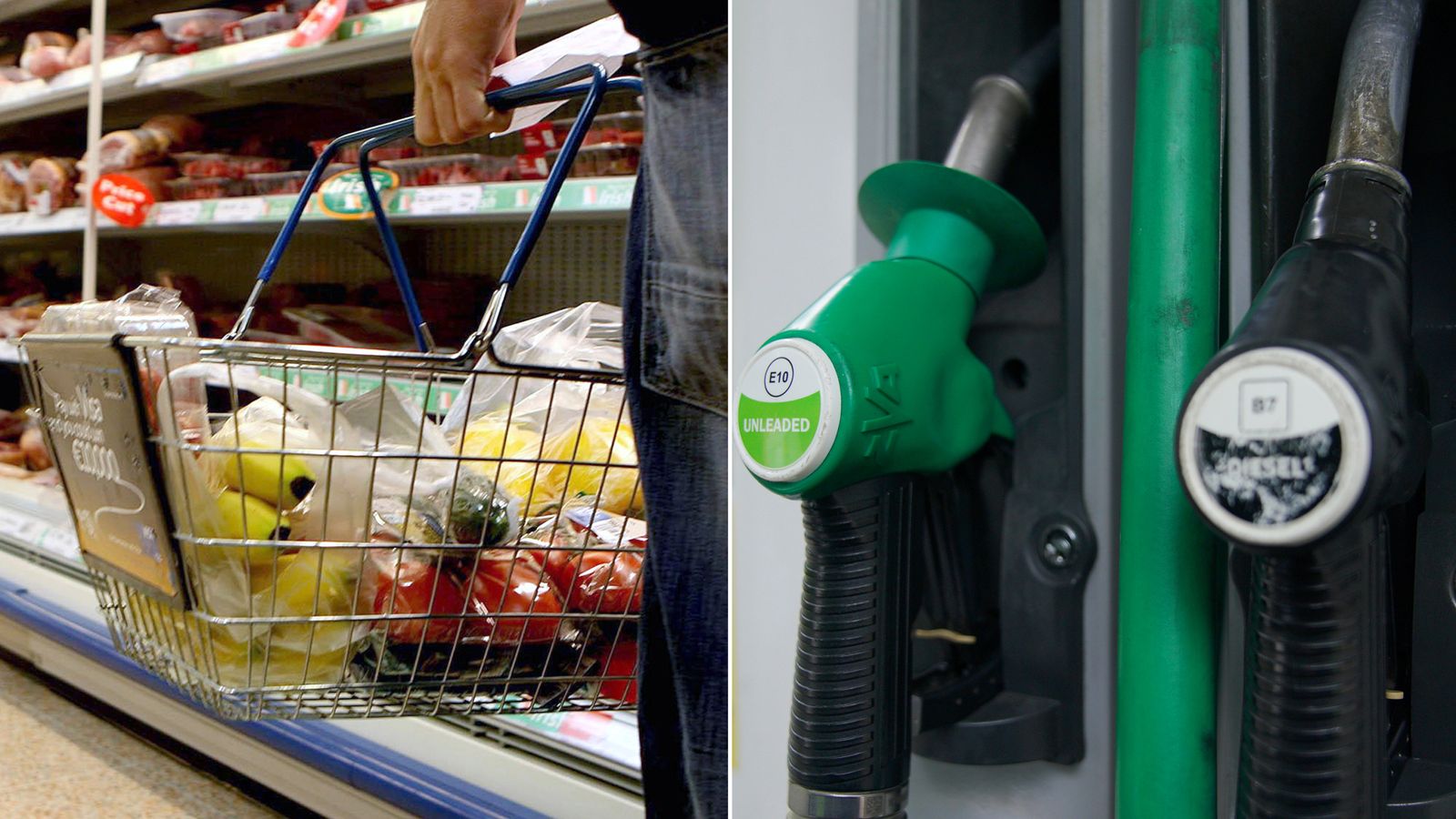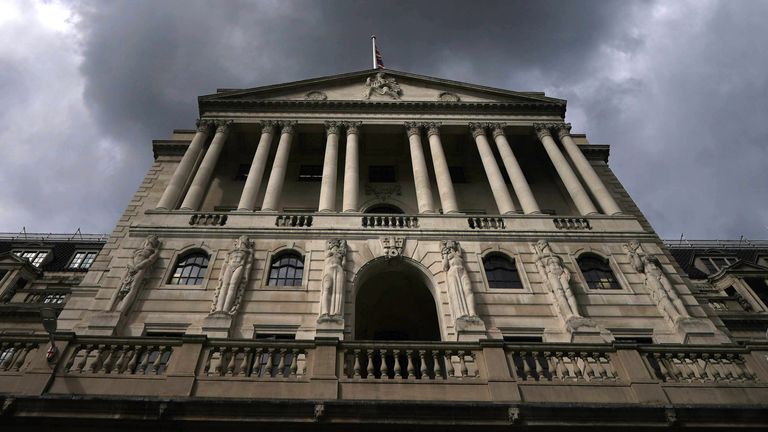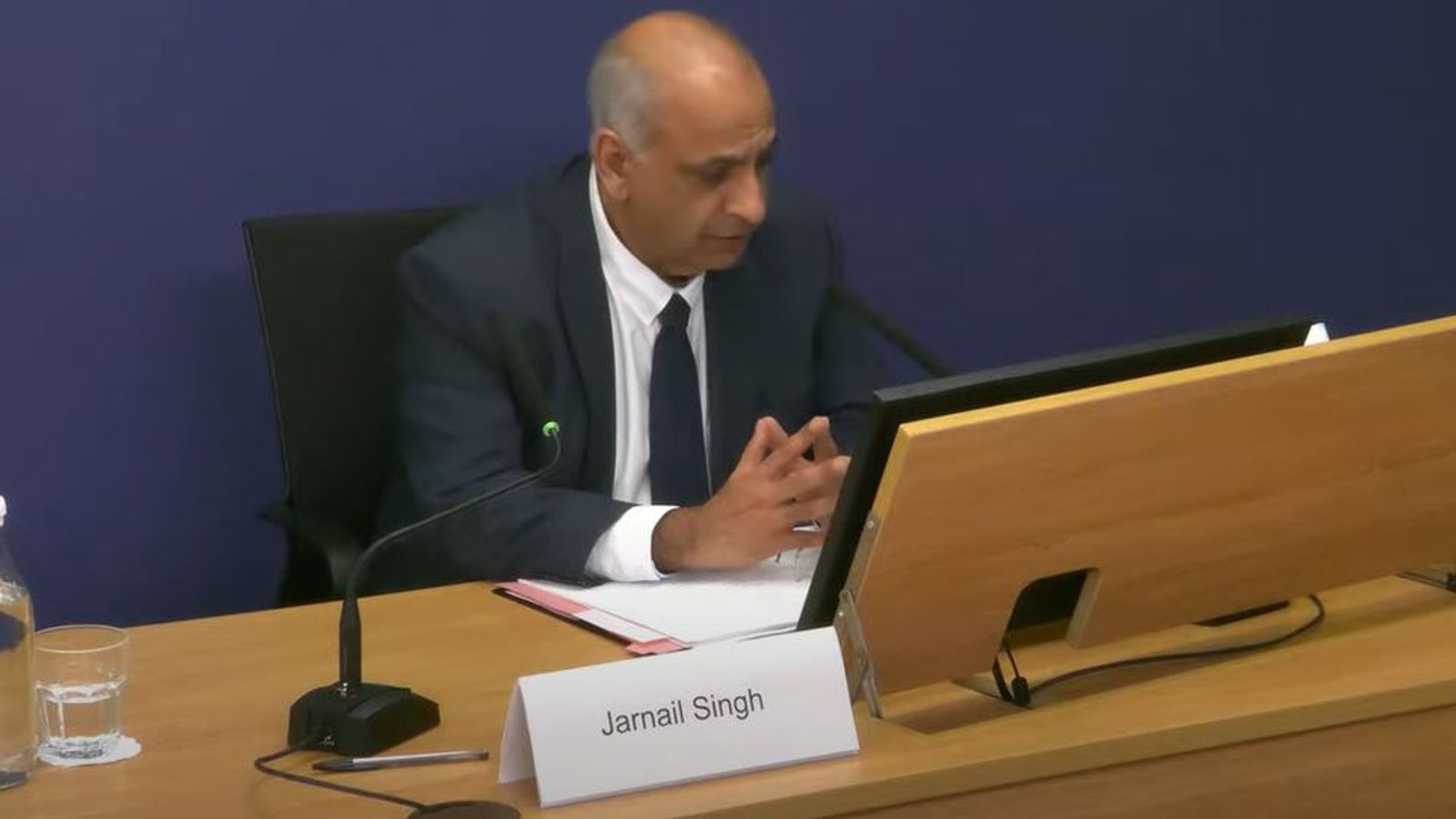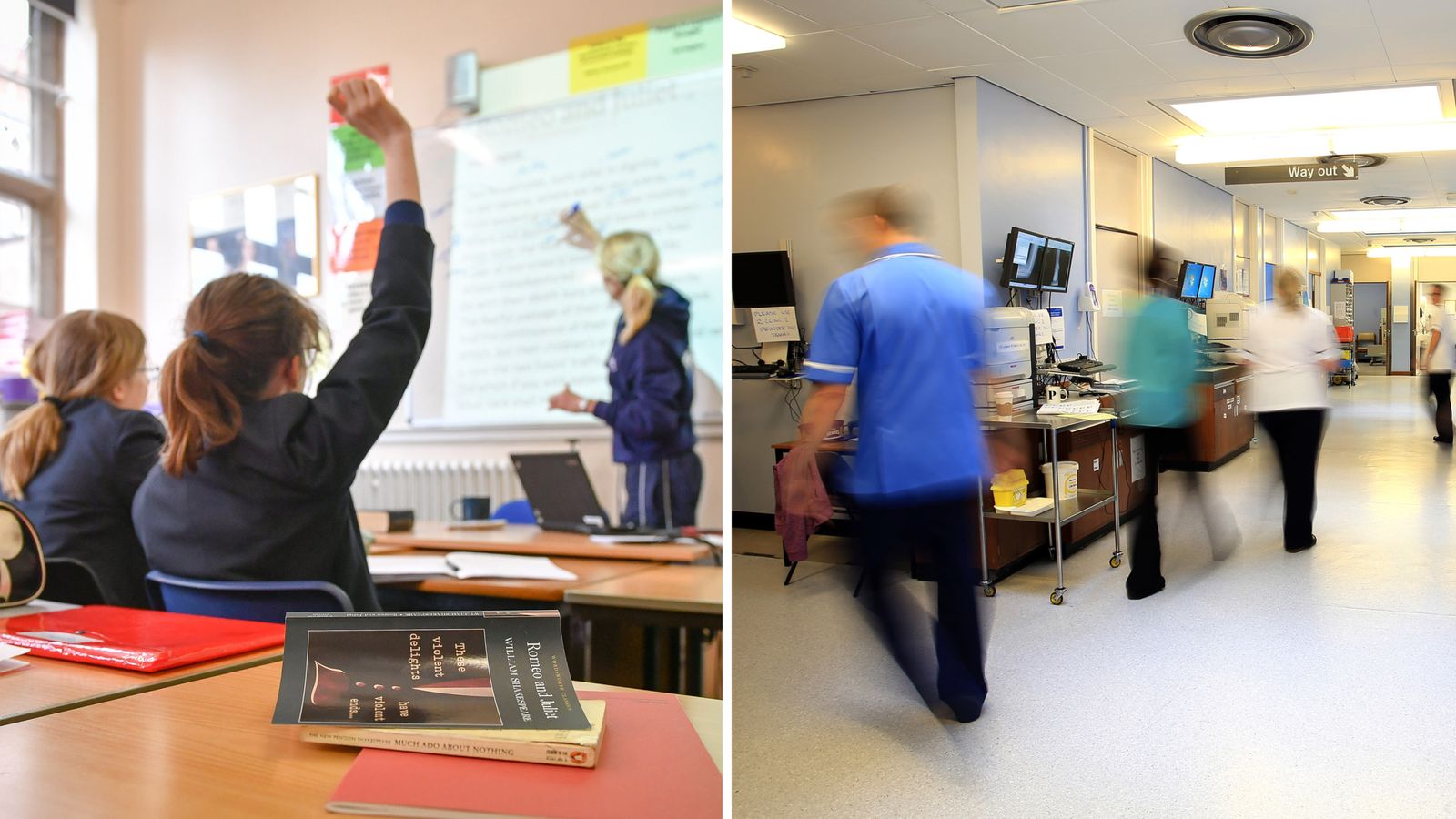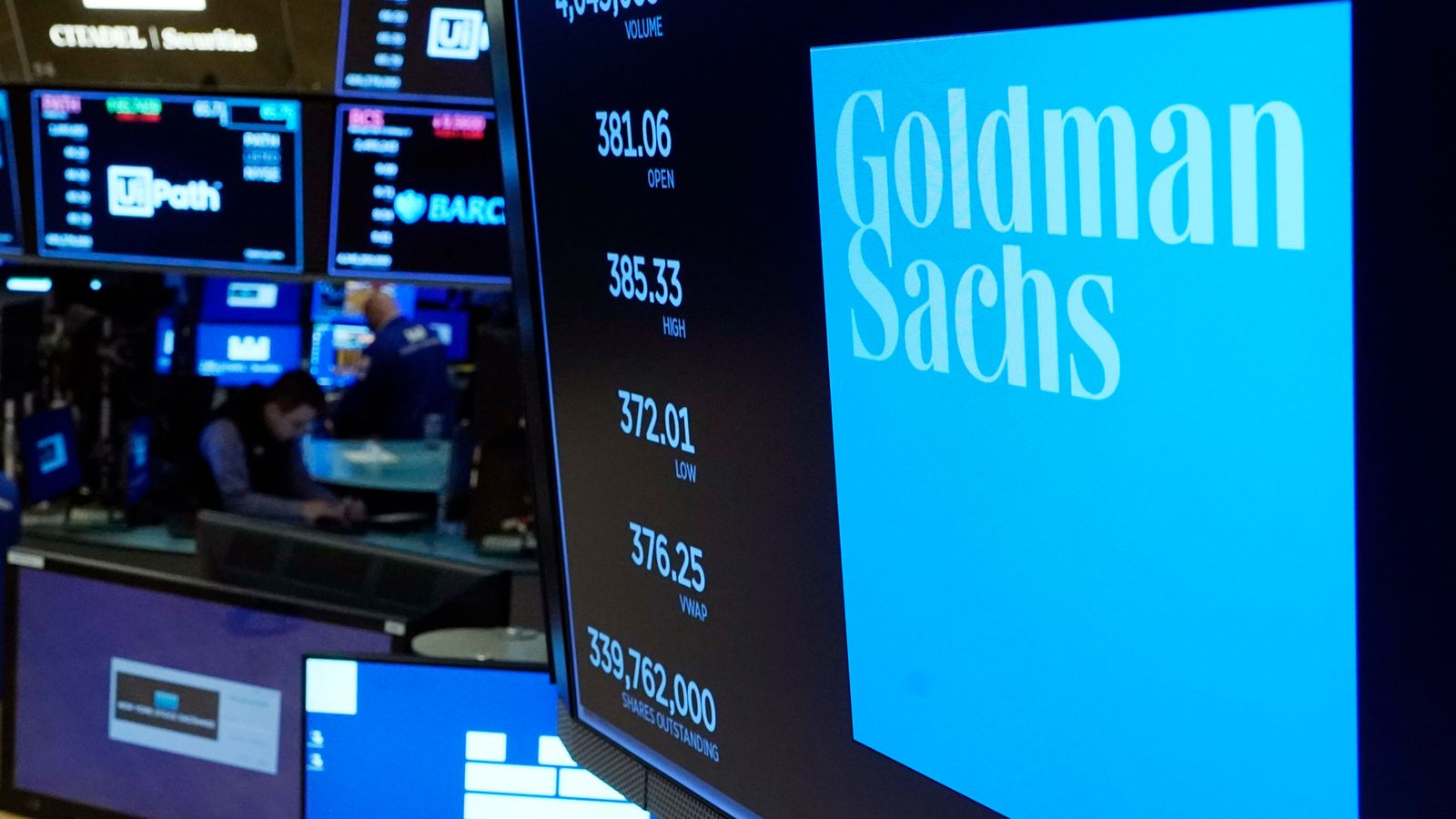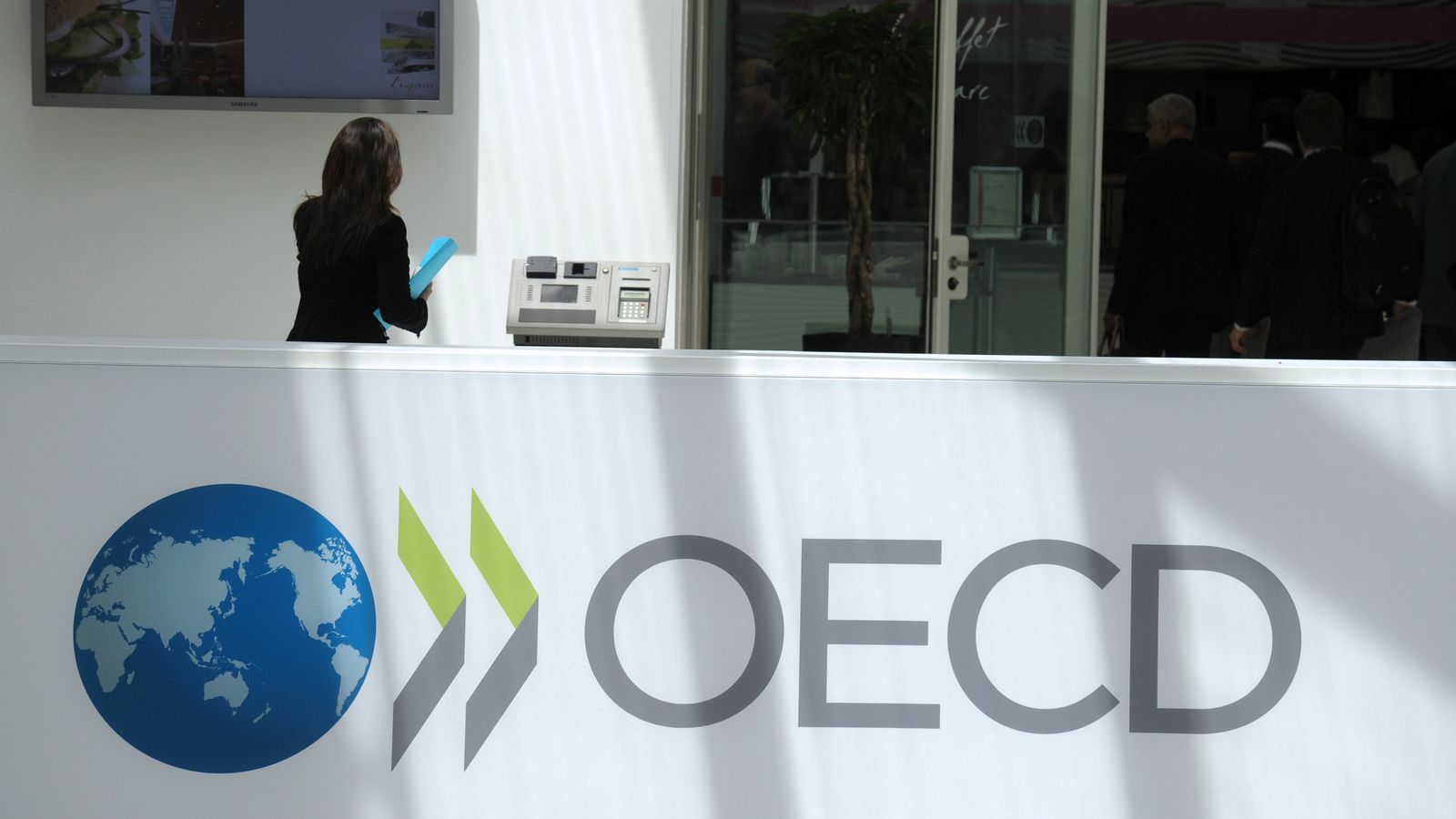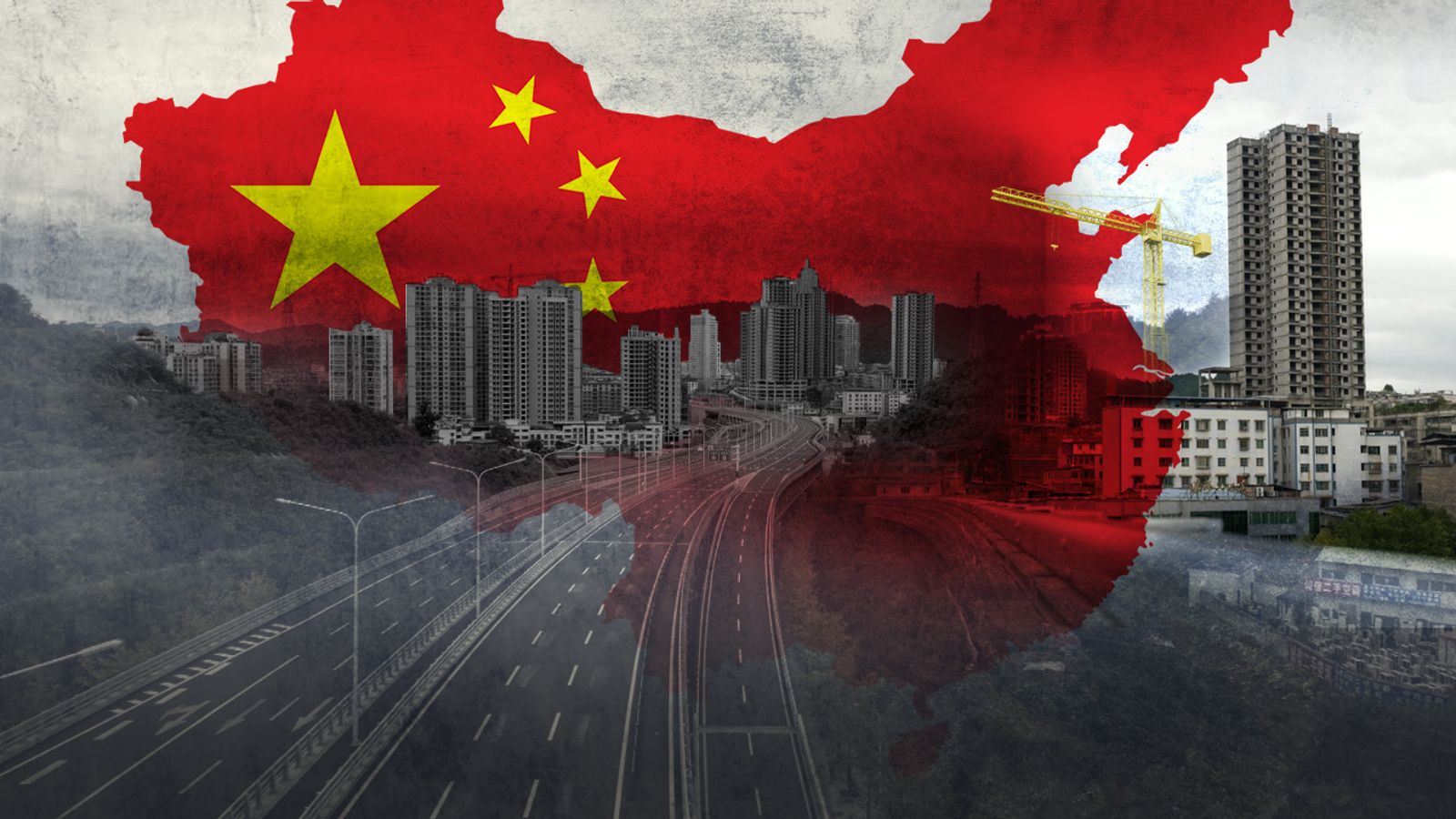
The rate of inflation has eased slightly to 6.7% confounding the predictions of economists that it would rise.
The Office for National Statistics (ONS) said the consumer prices index (CPI) measure slowed in the 12 months to August, from the 6.8% figure reported the previous month, thanks to food rising at a weaker pace during the month compared to August 2022.
The pace of price growth in the economy, which has eased from a peak of 11.1% just under a year ago, was placed under the greatest pressure by surging global oil costs – being felt across the economy but most visibly at fuel forecourts.
Cost of living latest: Inflation falls in ‘one of the biggest undershoots versus expectations’
Economists, along with the Bank of England, had predicted inflation would tick upwards to 7.1%.
At 6.7%, inflation is running at its weakest pace since February 2022.
A key factor behind the decline was food and non-alcoholic drink prices rising at a slower annual rate of 13.6% in August compared to 14.9% in July.
Motor fuel costs rose by 0.2% between July and August 2023, compared with a fall of 1.2% between the same two months last year, the ONS said.
Read Ed Conway’s full analysis here
Core inflation, which is closely watched by the Bank as it strips out volatile elements such as food and energy costs, had been expected to be largely unchanged.
However, the ONS reported a steep decline in the core inflation measure from 6.9% to 6.2%.
The shift will be seen as reason for optimism by the Bank’s rate-setters that its 14 consecutive interest rate hikes to date, to cool demand in the economy, are having an effect.
Ahead of the inflation data, the vast majority of economists and financial markets had expected a final hike of 0.25 percentage points to be imposed by the Bank on Thursday.
Read more:
‘We’re not going to save planet by bankrupting people,’ says Braverman
Dates for second cost of living payment for millions of households announced
The rosier picture for inflation now casts greater doubt on whether an increase is guaranteed, giving some hope to hard-pressed borrowers including mortgage holders who have seen their payments mount during the cost of living crisis to date.
Data provider Refinitiv suggested market participants now saw almost an even chance of Bank rate being kept on hold.
Reduced rate hike expectations were also evident as the pound lost ground against both the dollar and the euro.
ONS chief economist Grant Fitzner said of the latest data: “The rate of inflation eased slightly this month driven by falls in the often-erratic cost of overnight accommodation and air fares, as well as food prices rising by less than the same time last year.
“This was partially offset by an increase in the price of petrol and diesel compared with a steep decline at this time last year, following record prices seen in July 2022.
“Core inflation has slowed this month by more than the headline rate, driven by lower services prices.”

